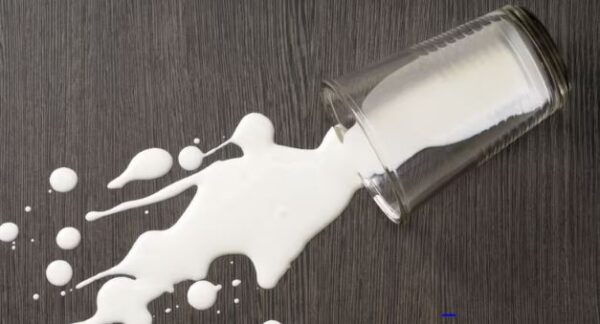Lifestyle
Why some adult men have wet dreams and the hidden meanings

Wet dreams are ejaculations during sleep that can cause underwear or beds to become wet with fluid.
These dreams occur at night when a person is sleeping and can be triggered by ejaculations during sleep.
The seminal vesicles behind the prostate and the prostate itself produce ejaculation fluid when the sympathetic nervous system causes the discharge.
Causes of wet dreams
This is why wet dreams occur according to articles from Science Direct and Pubmed:
1. Sleeping position
Sleeping on your stomach sleeping raises the risk of having wet dreams because of greater genital stimulation.
2. Sexual arousal in the day
Additionally, daytime sexual desire might influence dreams at night and result in frequent and powerful wet dreams.
3. Watching sexual content
A greater frequency and intensity of wet dreams may result from sexual fantasies or from seeing sensual content. Wet dreams may arise from heightened arousal that carries over into sleep.
4. Hormonal changes
Increased testosterone levels can lead to nocturnal emissions, causing wet dreams.
5. Erotic dreams
The type of dreams can affect the body’s response during sleep, potentially leading to wet dreams. However, not all wet dreams result from erotic dreams.
The effects of wet dreams
Do you think the penis shrinks after wet dreams? The idea that having wet dreams makes your penis smaller is unfounded in science.
Many people also think wet dreams reduce the number of male sperm, or it means the man have a low sperm count. However, wet dreams help testicles remove unhealthy sperm and promote the production of fresh, healthy sperm.
It is believed that having wet dreams reduces the ability to fight off diseases and illnesses. The reality is that the body’s immune system is not weakened by wet dreams. They are a normal and healthy aspect of the development of sexuality.
Some people think wet dreams can be avoided by masturbating or more sex. However, there is no evidence to support more sexual activity, including masturbation eliminates wet dreams.






